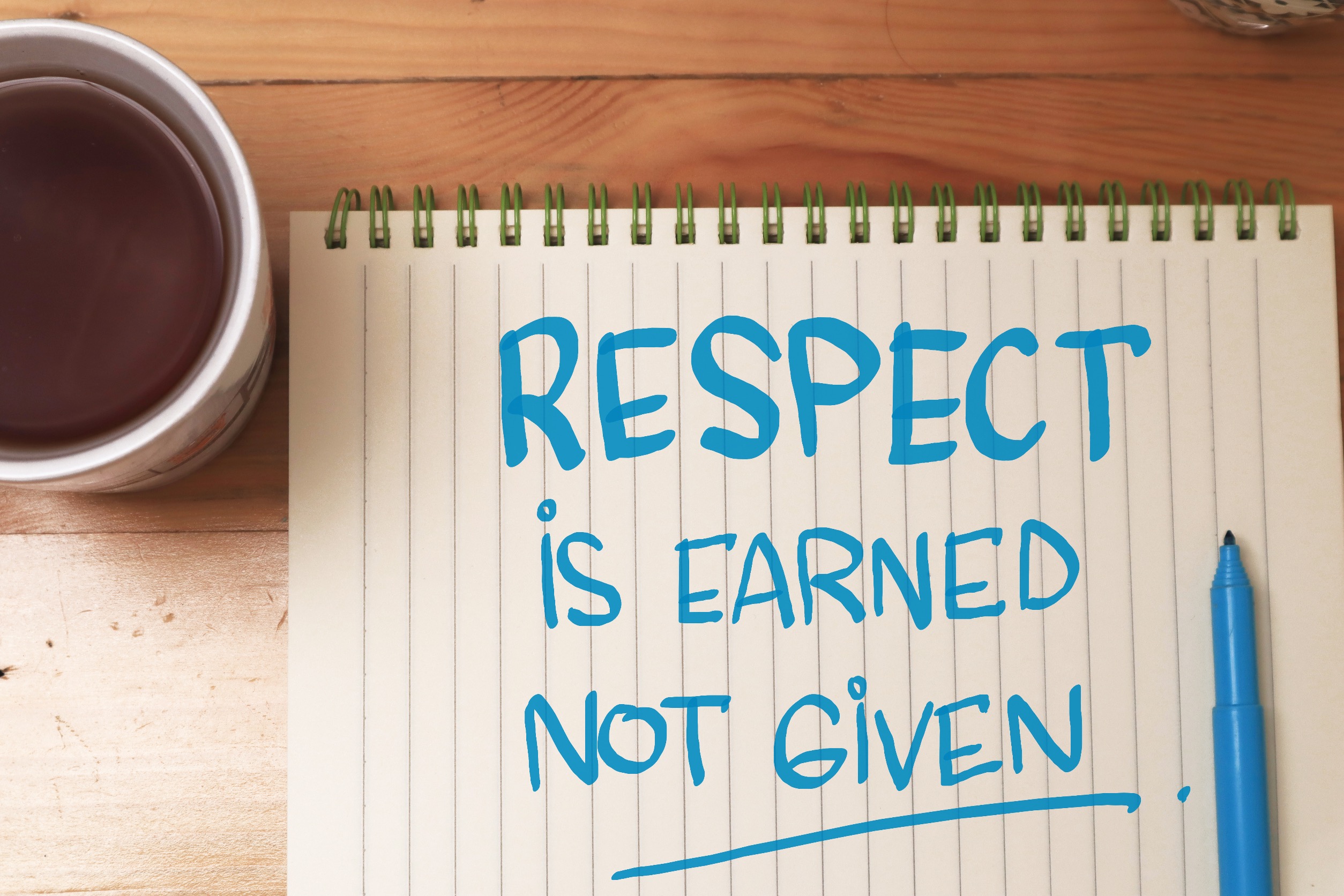Where Human Rights
and Etiquette Connect

A reader posed a thoughtful question: How, on a practical level, does etiquette and the deeper desire for promoting human rights integrate, as they both concern the personal governing behavioral principles of people?
Which prompted me to ask: How does thinking about these two concepts in relationship to each other help people solve problems or develop better habits as they think about themselves as being etiquette-ful, and also a part of the bigger picture of human flourishing?
We are Entitled to Human Rights
Philosophers, theologians, and legal scholars throughout history have reached the conclusion that humans, because they are human, are entitled to dignity and freedom, and throughout history these rights and freedoms anchor rules governing how others deserve to be treated.
Human rights root in a moral understanding of respect for every human being. The same is true for etiquette-ful behavior. A person doesn’t suddenly embrace the huge concept of appreciation of human rights. Rather, that understanding develops in context of being in relationship with others. Parents and teachers concern themselves in the moment with teaching what is polite, kind, and considerate. Learning what it means in various social settings to be recognizably respectful of others, to follow rules of social engagement such as respecting personal space, and to handle our own feelings with civility and encourage others to do the same, are the tools demanded of us as human beings.
Etiquette helps humans form the social fabric within which we learn and grow peaceably. When we are etiquette-ful, we are actually integrating the moral principles upon which human rights are based, into our interactions with others. We will grow in self-command.
Putting it Into Practice
Etiquette-ful things to practice today that reinforce belief in human rights:
- Put yourself in someone else’s shoes and try to “get” their perspective in the moment.
- Listen, really hear what the other person is trying to say to you.
- Observe your tone of voice and notice if you can look the other person in the eye as you speak.
- Respect other persons’ boundaries and honor your own.
- Don't be reluctant at the end of the day to reflect on your own biases and stereotypes.
- Restate your willingness to learn and grow in demonstration of respect for others.
Human rights and etiquette intersect in fostering respectful and considerate interactions among individuals. The basic belief in human rights can increase our desire to learn practical application through etiquette-ful behavior.
“Give to every human being every right that you claim for yourself.”
~ Robert Green Ingersoll














